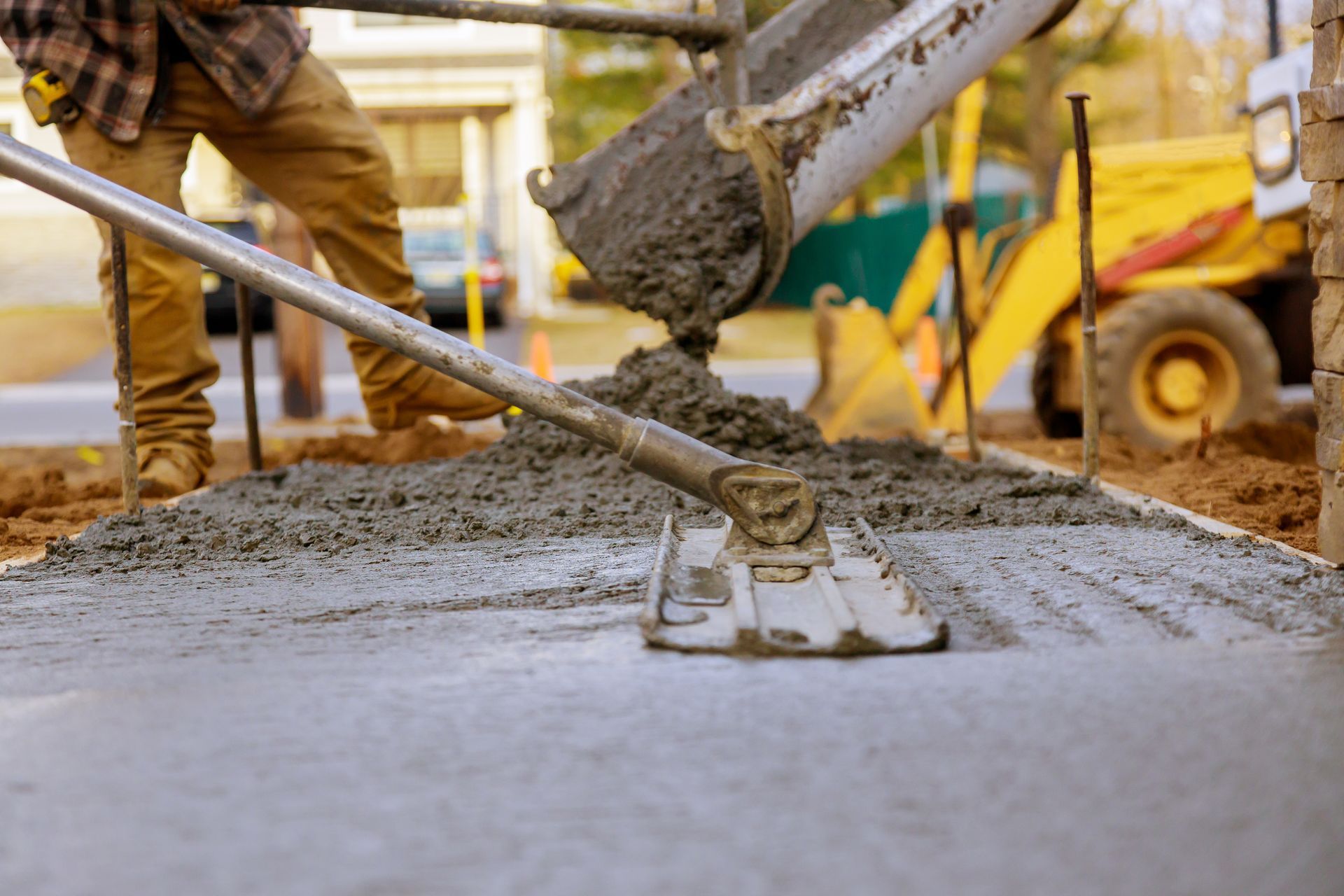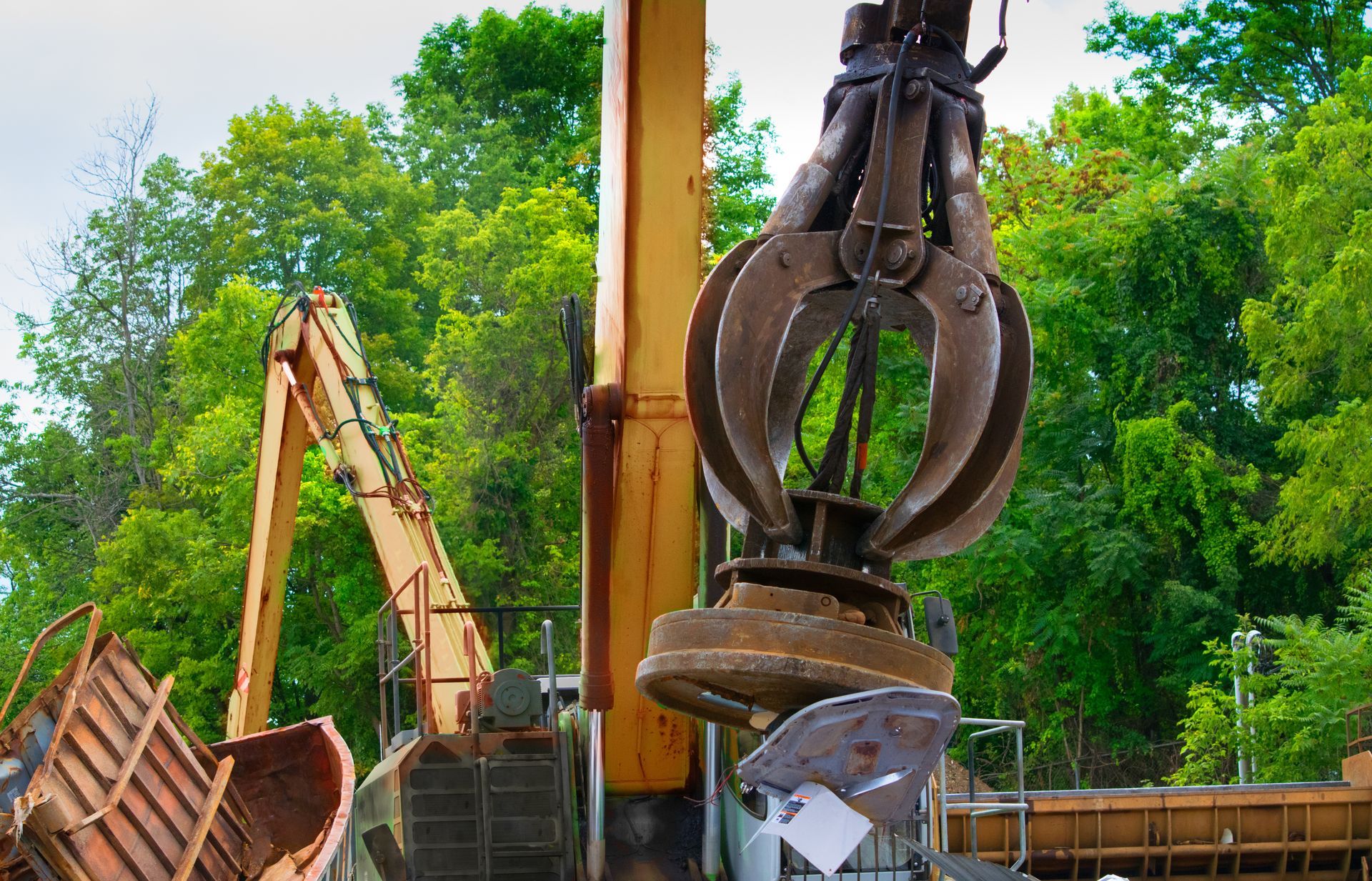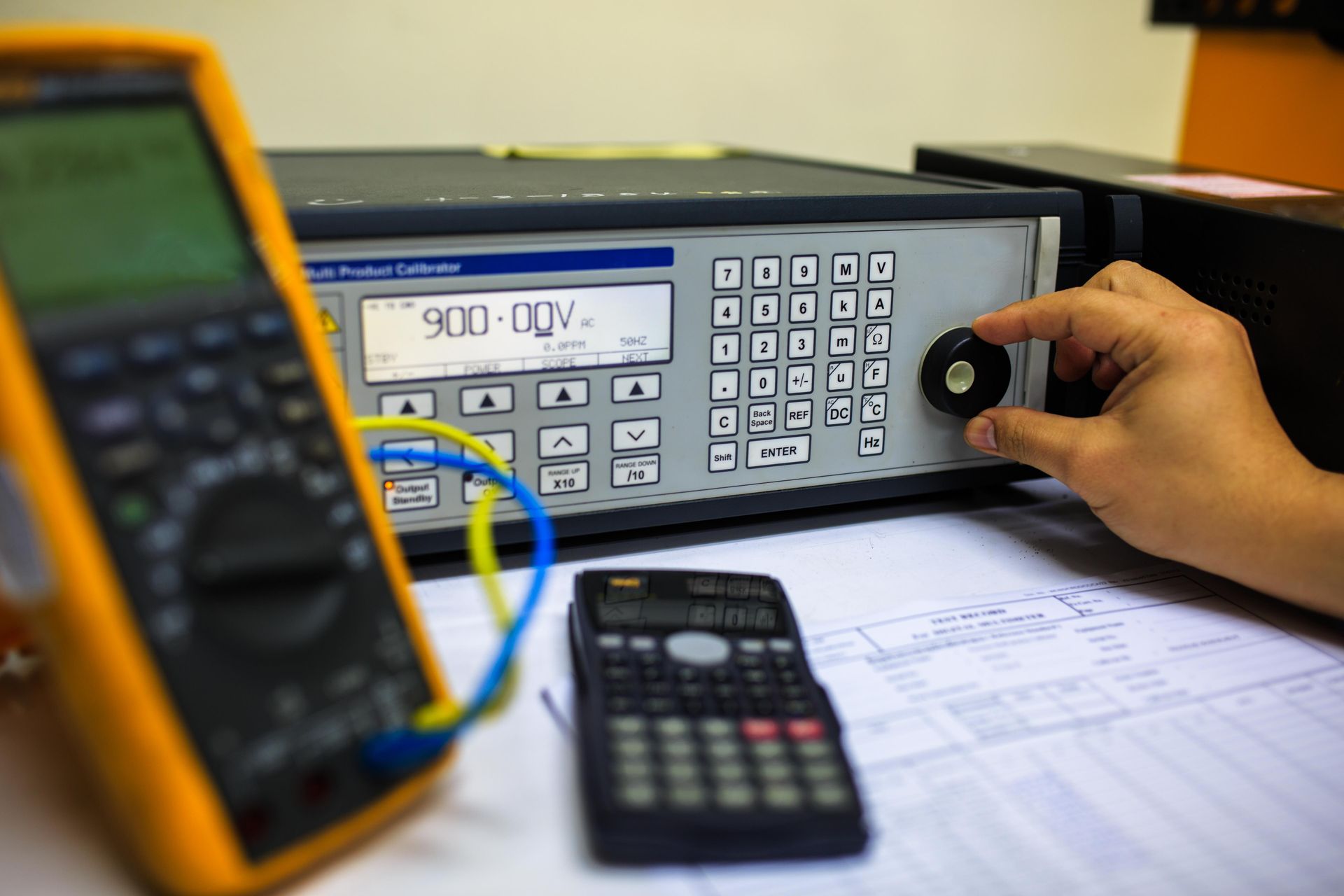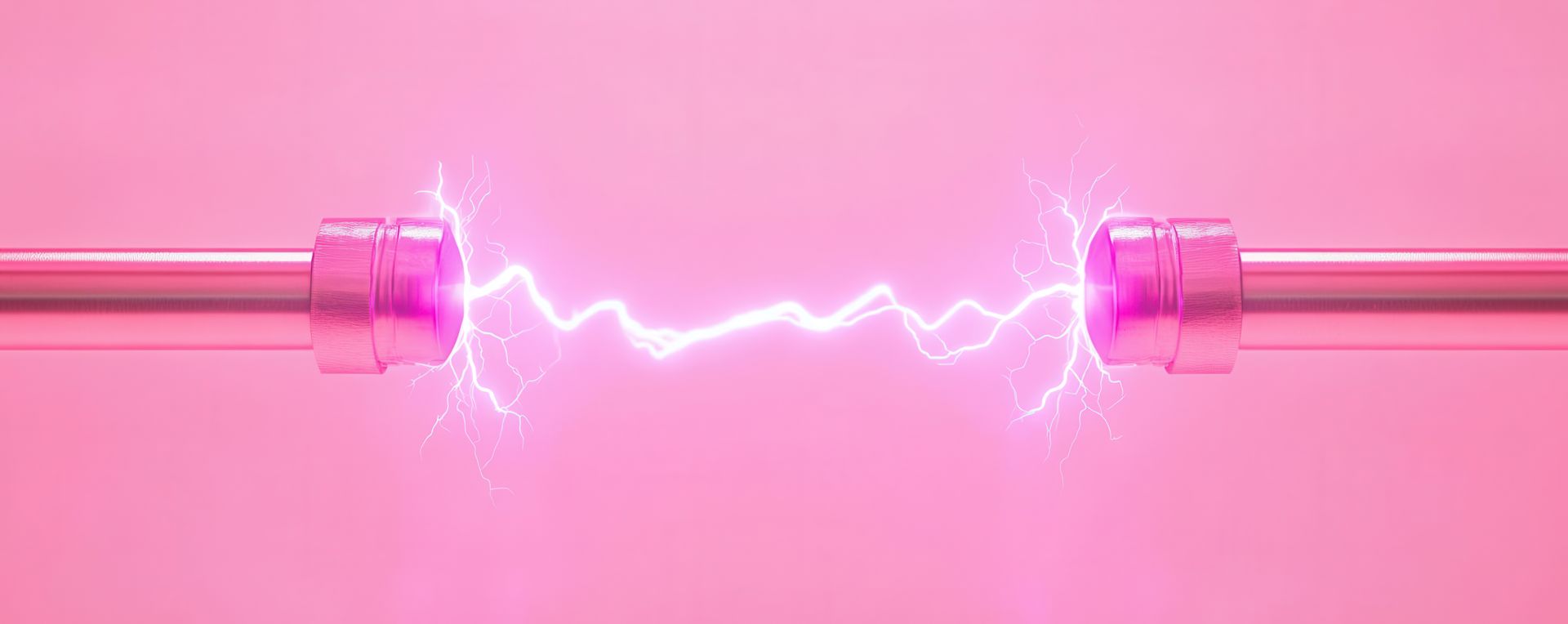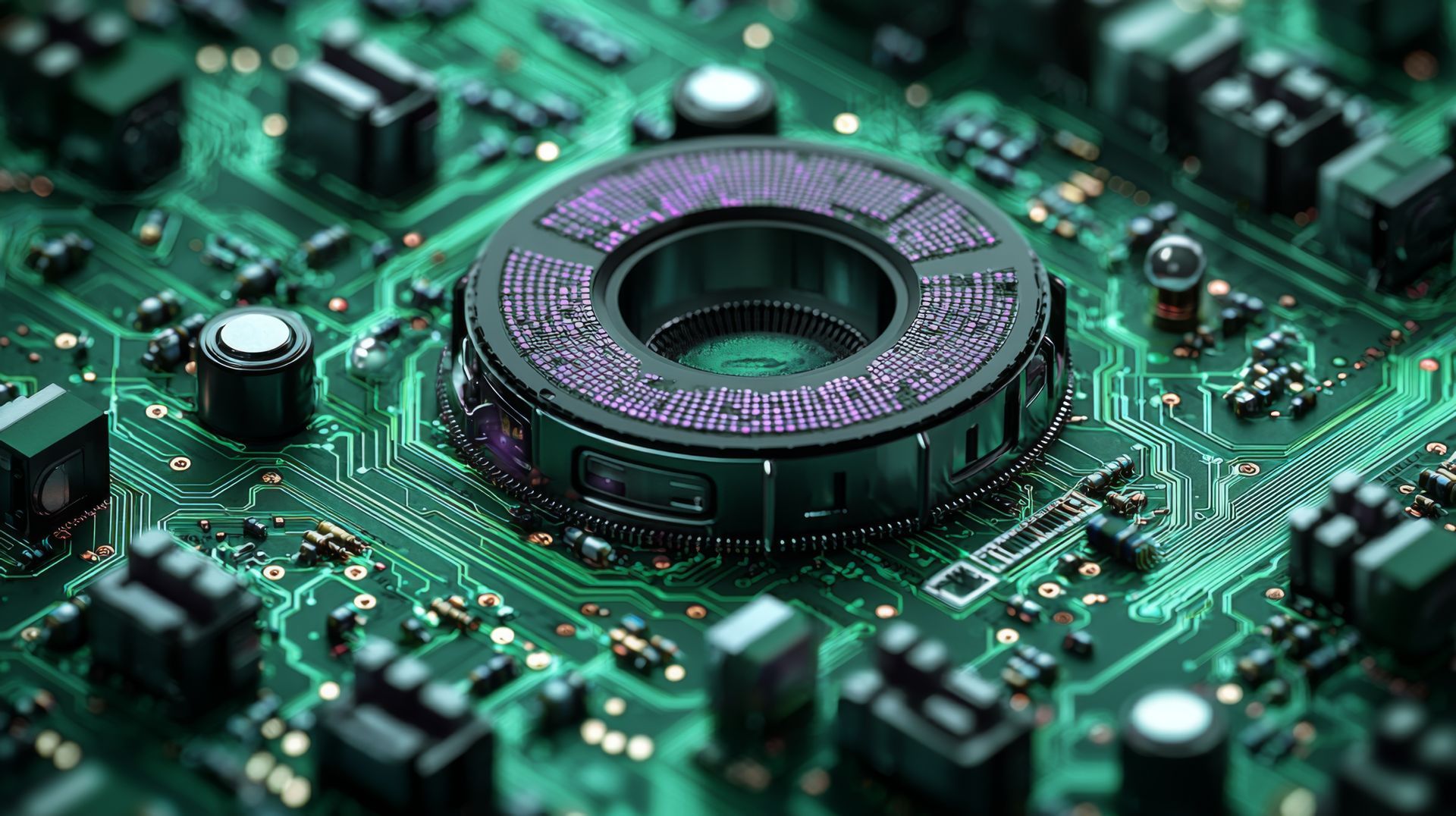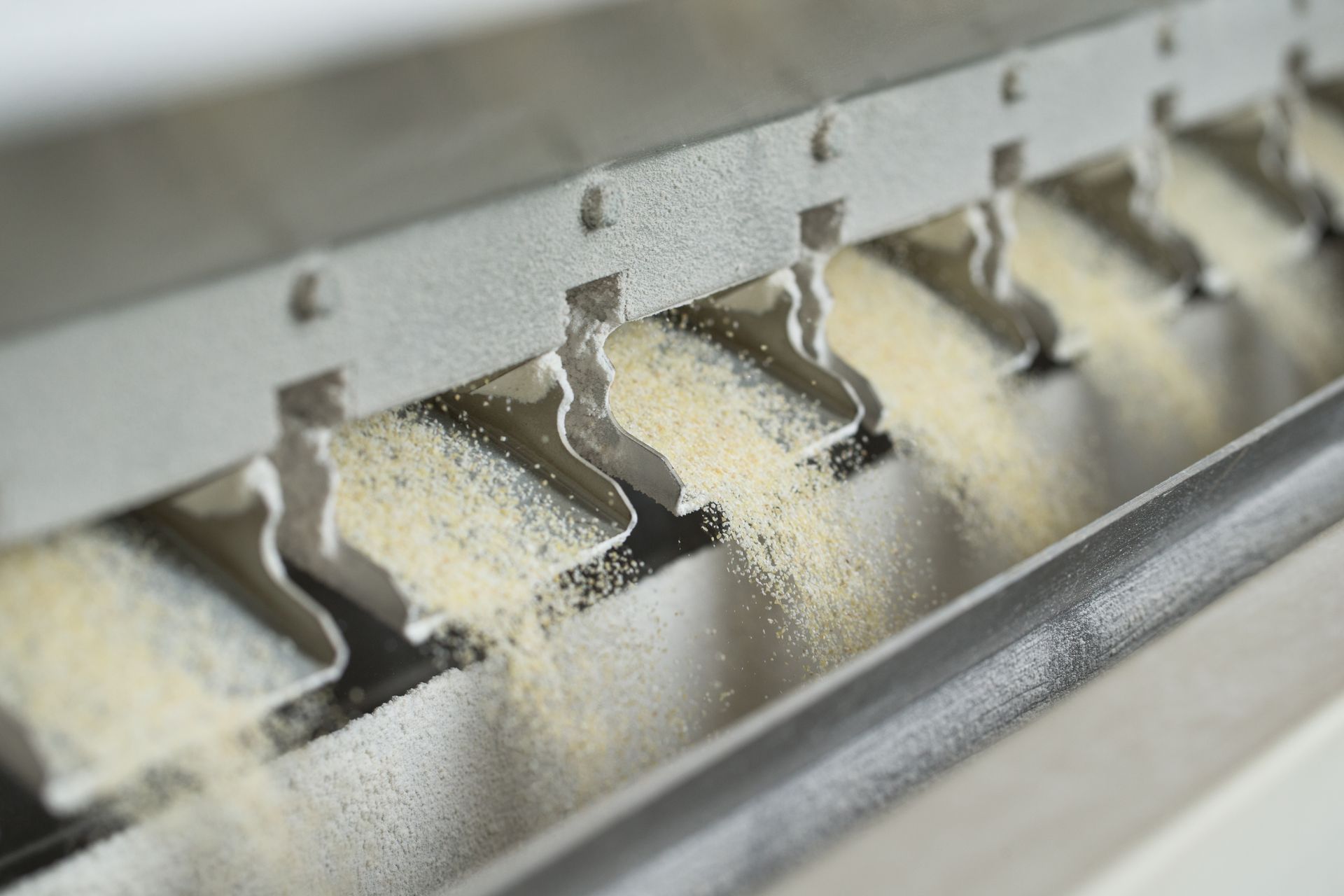Contact Us
Contact Details
-
Address
14, Jalan Sungai Batu Enam 50,
Klang Utama, 42100 Klang,
Selangor, Malaysia
-
Call Us
-
WhatsApp
-
Mail Us
+6012-2107616
When You Should Calibrate Your Gaussmeter
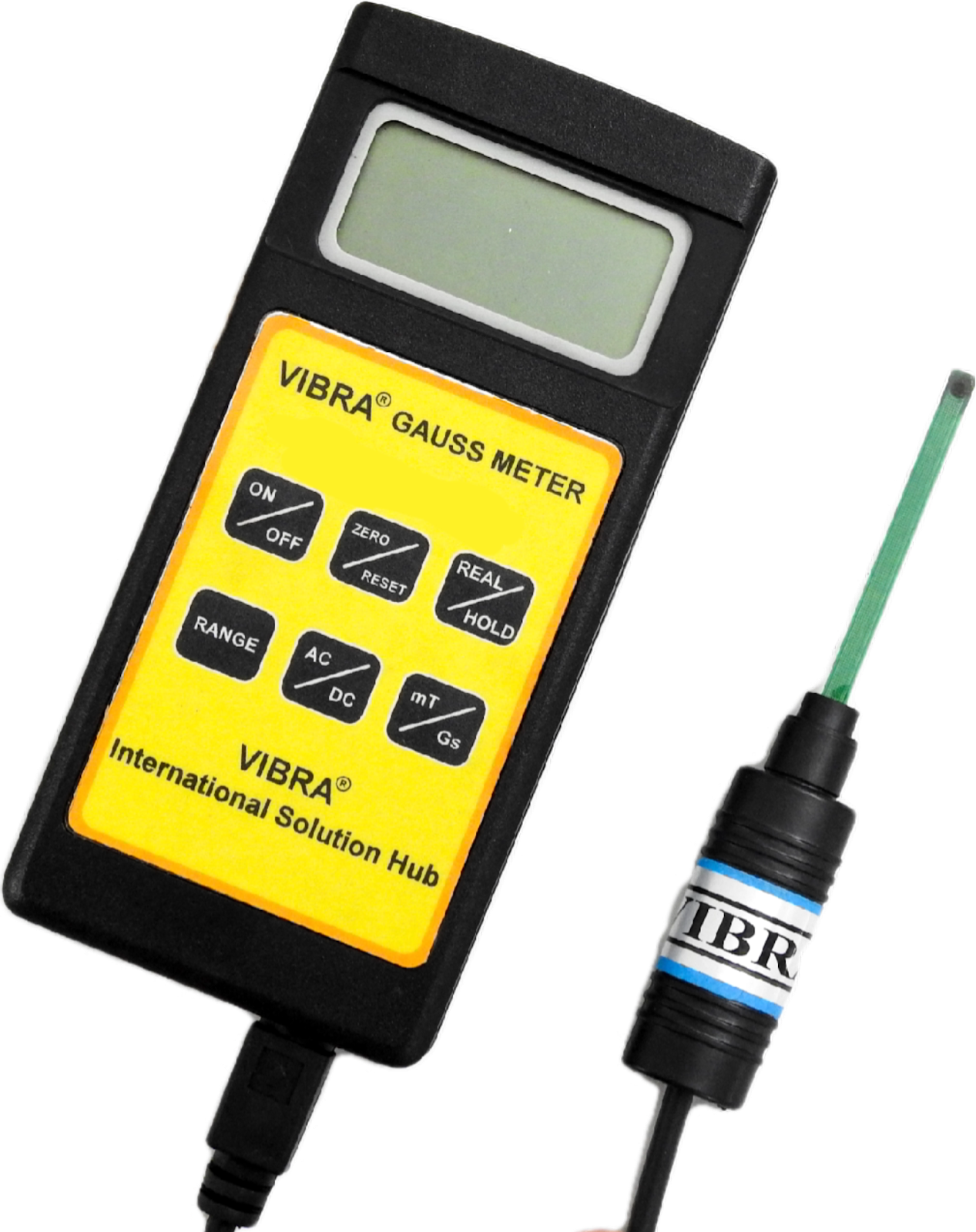
Magnetic field measurements are an essential part of many industrial and scientific applications, as magnetic fields that are too strong pose a health risk to humans, animals and all electronic products. Therefore, gaussmeters have become an indispensable tool for measuring magnetic fields. However, their accuracy can be compromised over time or due to rough handling and exposure to a high magnetic field environment, similar to other measuring instruments like a thermometer.
Calibration is necessary to ensure reliable and accurate measurements, but when should you consider doing it? In this post, we’ll discuss the importance of doing calibration for your gaussmeters and when to get it. Before we delve into all that, let’s take a quick refresher on what a gaussmeter is and its application across different industries.
What are gaussmeters and their applications?
Named after its founder, Carl Friedrich Gauss, a German mathematician and physicist, gaussmeters are used to measure the strength of magnets, much like we use thermometers to measure temperature. A gaussmeter consists of a sensor that we place close to the magnetic field we're measuring. This sensor contains a Hall effect sensor that detects changes in the magnetic field, producing an electrical signal proportional to the field strength.
Gaussmeters are necessary to ensure the safety and accuracy of devices that contain magnetic fields. For example, in healthcare, gaussmeters play a critical role in MRI scans, where the device's strong magnetic fields can harm humans if not properly monitored. Meanwhile, in manufacturing, gaussmeters ensure consistent magnetic field strength, such as magnetic machine parts for optimal performance in home appliances, speakers, headphones and electronic equipment.
What is gaussmeter calibration?
Gaussmeter calibration is the process of checking and adjusting the accuracy of a gaussmeter. During this process, someone checks and adjusts the instrument's accuracy by comparing its readings to a reference standard of known accuracy. They identify any discrepancies and make the necessary adjustments to correct the deviations.
These adjustments must be made by someone who understands the ins and outs of gaussmeters, whether that's an in-house technician or a third-party service provider like Sematic Magnet.
Why does gaussmeter calibration matter?
As stated above, having an accurate reading of your gaussmeter is essential so calibration is no longer negotiable. Here are three more reasons why gaussmeter calibration matters:
Quality control
Every business wants to run efficiently, whether in terms of time or cost. This is why accurate measurements are a must, as inaccurate ones can lead to costly repairs or downtime. Ultimately, gaussmeter calibration functions to maintain quality control for industries that rely on accurate magnetic field measurements.
Comply with specific industry regulations and laws
As stated above, magnetic fields that are too strong pose a health risk to humans, animals and electronic equipment. Therefore, gaussmeter calibration plays a vital role in ensuring that the reading of a magnetic field is correct and within an acceptable range. This is especially beneficial for the healthcare sector, where they must comply with strict safety regulations to ensure the safety of patients during MRI scans. This is no surprise, as regulators will surely want magnetic field strength not to exceed safe levels, preventing harm to patients, medical staff or people around it.
Comply with national and international standards
Standards such as ISO 9001 require regular calibration of measurement instruments like gaussmeters to ensure the measurements are traceable to a standard and within an accurate range. Compliance with these standards can improve product quality, increase customer satisfaction, and more reliable and consistent measurements.
When should you calibrate your gaussmeters?
Regular calibration of your gaussmeter is essential to ensure that it provides accurate measurements. The calibration frequency is determined by various factors, such as the usage of the instrument, specific industry regulations and standards, the manufacturer's recommendations, and the following:
Frequency of use
If you're using the gaussmeter frequently, it's recommended to calibrate it more often. In industries where precision is critical, and regulations are strict, like healthcare, manufacturing, or aerospace, calibration should be performed at least once a year, if not more often. Neglecting to calibrate your gaussmeter regularly can lead to legal and financial consequences.
Accidental damage
If you drop, bump, expose to a high magnetic field or accidentally damage your gaussmeter, calibrate it before using it again. Even minor damages to the instrument can impact its accuracy, so it is crucial to have it checked and adjusted as soon as possible.
Ageing
The components of the gaussmeter can wear out or degrade over time, leading to decreased accuracy. Regular calibration can help identify and correct any issues related to ageing.
How to get gaussmeter calibration services in Malaysia?
Regular calibration of a gaussmeter is essential to ensure accurate measurements and compliance with industry standards and regulations. Sematic Magnet offers both new instrument calibrations and recalibration services for existing gaussmeters. We can clean, calibrate, and provide the necessary documentation to meet inspection, measuring, and test equipment quality requirements. By doing so, you can have peace of mind knowing that your equipment is functioning accurately and effectively to keep your business running smoothly.
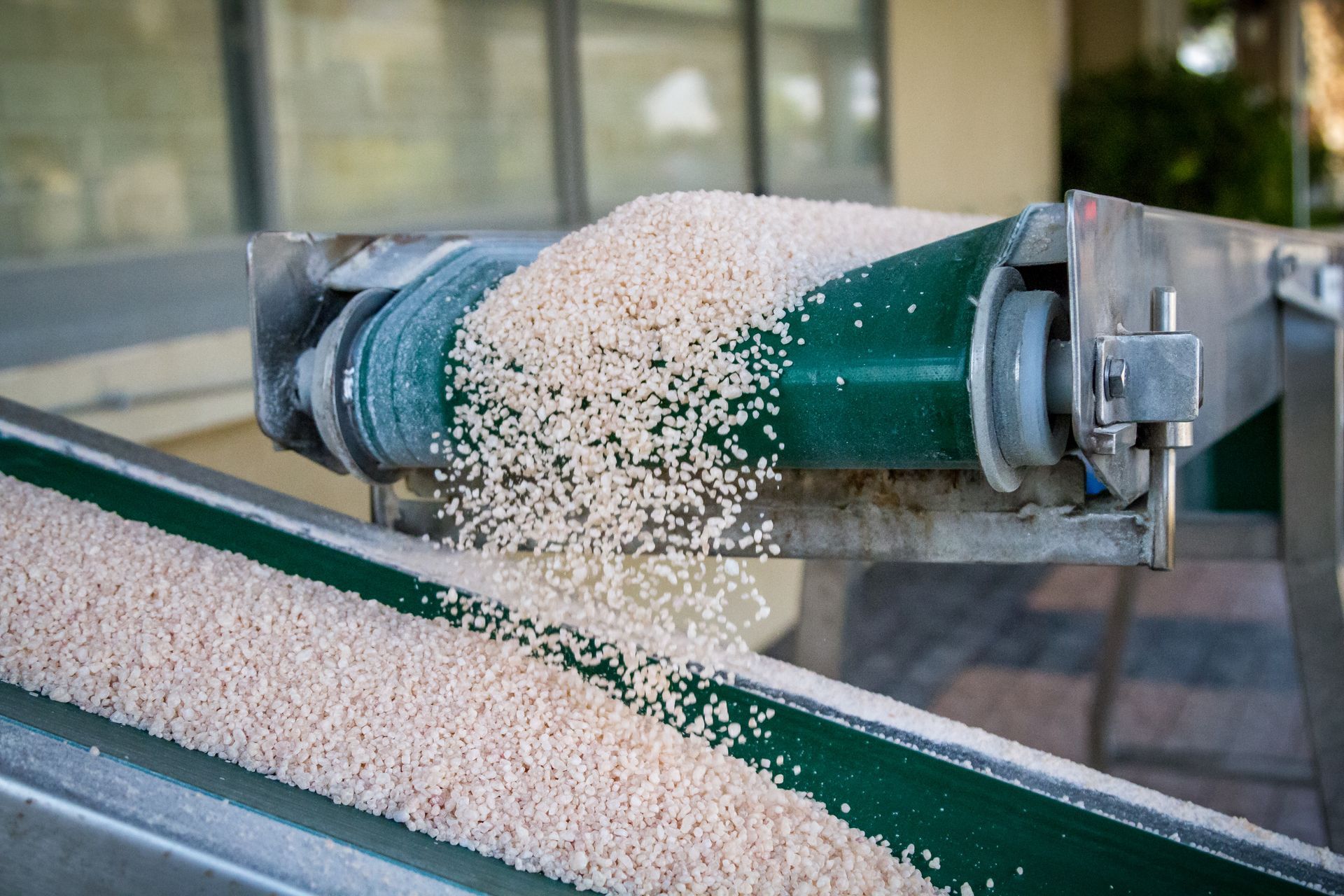
Sematic Magnet Sdn. Bhd. specializes in consulting, providing solution, designing, and supplying full range of permanent magnetic separation systems, industrial permanent magnetic products, magnetic tools, electromagnet, magnet materials, electrical vibrators, pneumatic vibrators ,and other magnetic equipments.
Quick Links
Contact Us
+6012-2107616
©2022 Sematic Magnet Sdn Bhd. All Rights Reserved. Website Designed by Heroes Of Digital


